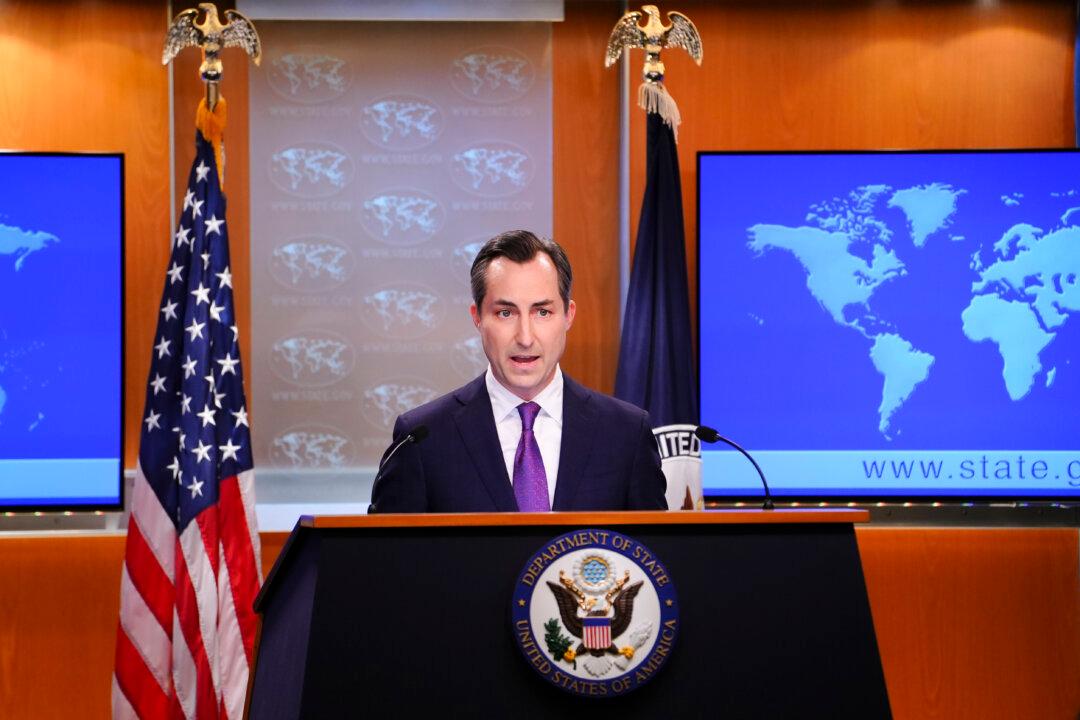U.S. officials have expressed concerns over Nauru’s decision to sever diplomatic ties with Taiwan in favor of China, just days after Taiwanese voters elected a new president and legislature.
“While the Government of Nauru’s action on January 15 to sever its diplomatic relationship with Taiwan is a sovereign decision, it is nonetheless a disappointing one,” State Department spokesman Matthew Miller said in a statement on Jan. 15.





